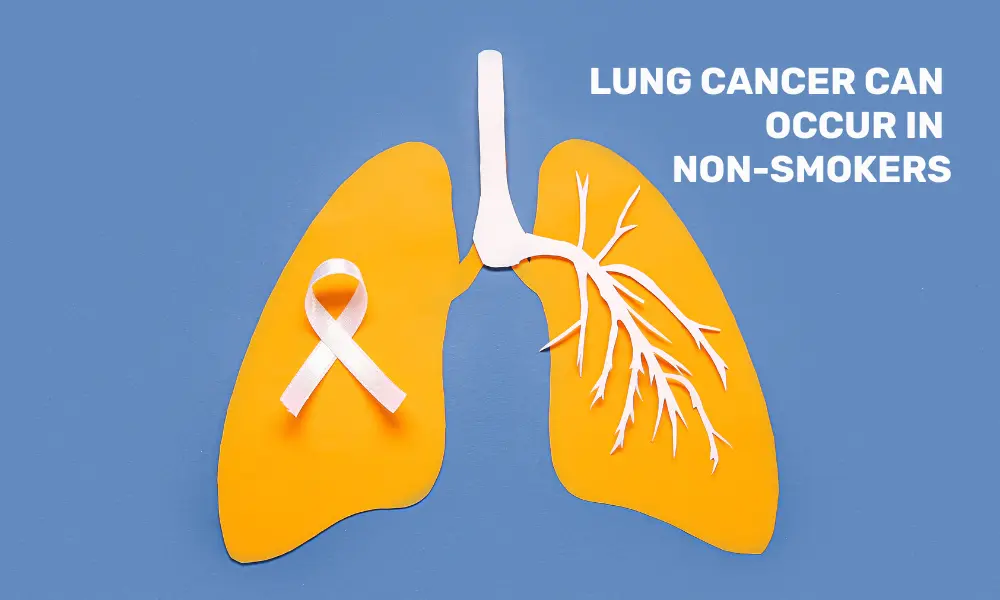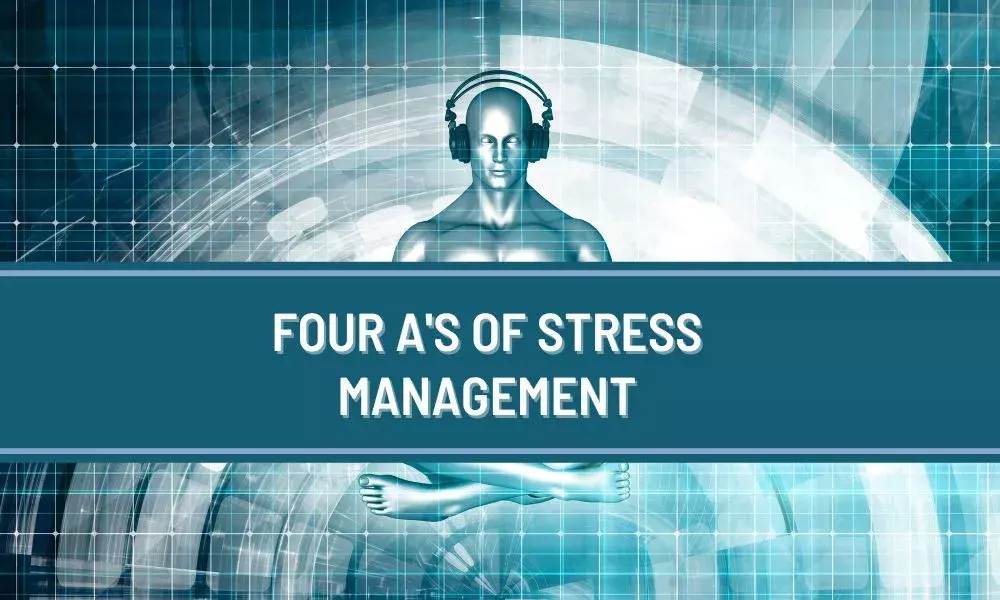The results highlight the importance of sleep therapy for those at high risk for the condition and eye exams for those with chronic sleep disorders to look for any early signs of glaucoma.
New Delhi: In a study published in the open-access journal BMJ Open, researchers from the UK warned that poor sleep quality, including too much or too little shut-eye, daytime sleepiness, and snoring, may be associated with an increased risk of developing irreversible sight loss (glaucoma).
The results showed that those with glaucoma tended to be older, more likely to be men, smokers, and have high blood pressure or diabetes than those without the diagnosis.
The results highlight the necessity of glaucoma screenings for those with chronic sleep disorders and sleep therapy for those at high risk for the disease.
By 2040, an estimated 112 million people will likely be affected by glaucoma, one of the leading causes of blindness.
These results highlight the need for sleep intervention for people at high risk of glaucoma and potential ophthalmologic screening among people with chronic sleep problems to help prevent glaucoma, according to the researchers. “Sleep behaviors are modifiable,” they added.
The researchers sought to determine the risk of glaucoma among individuals with various sleeping habits to come to this conclusion.
The range of acceptable sleep durations was 7 to less than 9 hours per day, with anything less or more than that being considered abnormal.
Subjective daytime sleepiness was classified as never/rarely, sometimes, or frequently, whereas the severity of insomnia, difficulty falling asleep at night, or frequent waking, was ranked as never/sometimes or usually.
All participants’ health and survival were monitored using medical records and death registration data until a first glaucoma diagnosis (hospital admission), death, emigration, or the end of the monitoring period (March 31, 2021), whichever occurred first.
80,690 glaucoma cases were found over an average monitoring period of over 10.5 years.
Short or long sleep duration was linked to an 8% increased risk, insomnia by 12%, snoring by 4%, and frequent daytime sleepiness by 4%.
Snorers and those who reported daytime sleepiness were 10% more likely to have glaucoma than those with a healthy sleep pattern, while insomniacs and those with a short/long sleep duration pattern were 13% more likely.
Researchers speculate that depression and anxiety, which frequently accompany insomnia, may also cause an increase in internal eye pressure due to dysregulated cortisol production.




